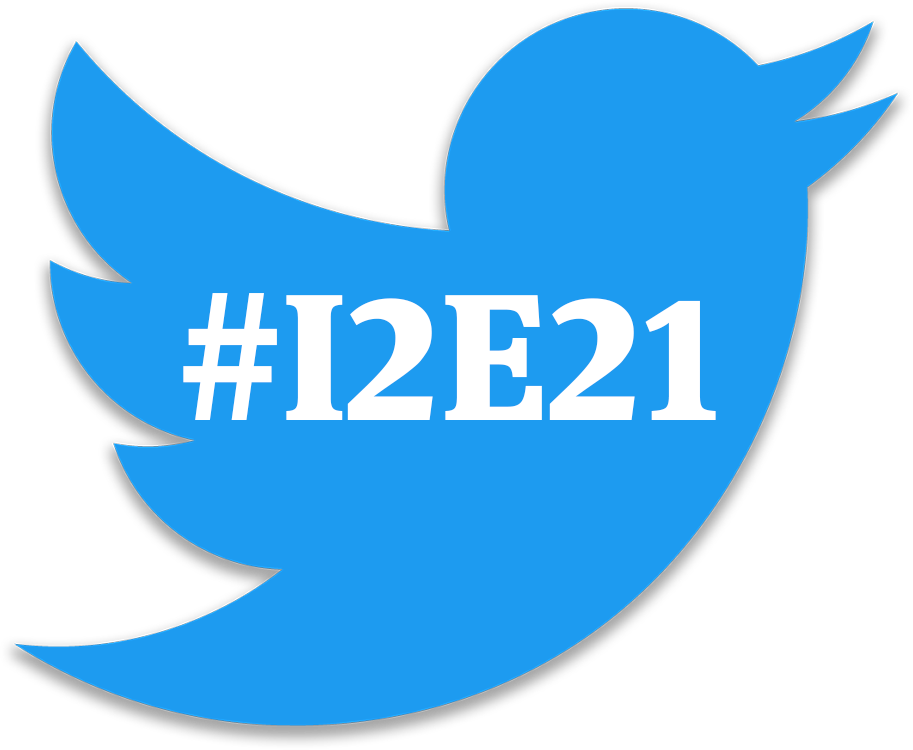Unit 6: Morality Beyond Universal Rules & Principles

Photo: Dean Holland / NBC.
Like the Utilitarians, Aristotle believes that happiness is the chief good and end of human life. Aristotle’s conception of happiness, however, is not about pleasure. Instead it describes an activity of the soul in accordance with excellence. This leads into an extended discussion about the character traits that a person ought to have in order to live a happy life and be a good person. This module introduces this idea of an Ethics of Excellence along with how a person might actually acquire such excellence in their life.
To that end, we have five learning outcomes. By the end of this module, you will be able to…
- Explain the meaning of and relationships between eudaimonia, aretē, and psuche as they are used by Aristotle;
- Describe Aristotle’s division of the human soul and the associated excellences of each of those aspects;
- Apply Aristotle’s definition of excellence of character to break down the meaning of each of the particular excellences that he catalogues;
- Reflect on the excellences of character that you would wish to cultivate for yourself; and
- Summarize Aristotle’s account for how we may acquire the excellences of character.
Read This:
|
Excellence of Character 
|
Virtue Ethics 
|
Context
There is a long tradition in ethics that places great importance on the “kind of person one is”. We not only want those around us to “tell the truth”, but also want them to be honest people. Persons with such dispositions can then be trusted to act responsibly and deal with others fairly. Aristotle’s concept of excellence of character emphasizes this aspect of ethics.
In the Nicomachean Ethics, Aristotle (introduced way back in Module 11) argues that true happiness come from acting in a way that exercises our uniquely human abilities. (This may sound familiar from Module 18 with John Stuart Mill’s understanding of happiness.) To then understand happiness, we must understand what makes us human, which according to Aristotle is revealed from an analysis of our soul. (Aristotle pre-dates Christianity by a few centuries, so as you will soon see, his conception of the human soul is quite different from what you might expect.)
In this reading, Aristotle identifies the different parts of our soul and the sorts of excellences associated with each of them. Exercising these excellences is then supposed to constitute happiness. He goes on to focus on what he calls “excellence of character”. Aristotle is concerned to define what these excellences means and how people may acquire them. After that, he finally provides a catalogue of the many different specific excellences of character towards which a person should strive to embody.
Many contemporary writers, like James Rachels and Stuart Rachels, often refer to “moral virtue” instead of excellence of character, though their ideas are similar to Aristotle’s. So the chapter from their book provides further analysis of how the Aristotelean approach to ethics has evolved over time.
Reading Questions
As you read, keep these questions in mind:
- In Book I, Chapter 13, how does Aristotle divide up the various parts of the human soul? How does he connect their proper functioning to happiness and human excellence?
- The majority of Book II is a slow burn to Aristotle’s final definition of excellence of character, which appears in Chapter 6, right around line 1107a1 (on page 12). This definition has, roughly, five or six parts to it. What are these parts? How does the preceding discussion in Chapters 1–6 of Book II attempt to justify each of these?
-
In Chapter 7 of Book II, Aristotle talks about different excellences of character. For each excellence, he provides the following:
Can you identify these three things for each of the excellences Aristotle names?A. The name of the excellence, B. The substrate(s) or continuum(s) of emotion and/or activity connected to that excellence, and C. The nature of the two bad states associated with that excellence. - In several parts of Book II (especially Chapters 1–4), Aristotle discusses moral development, or how we acquire excellence of character. How does he claim we acquire it?
- According to James Rachels and Stuart Rachels, why are virtues important? Why might they not be relative to one’s job or one’s culture?
- What problems do Rachels and Rachels see in Virtue Ethics? What benefits do they see?
Although I strongly suggest that you write out brief answers to these questions, you do not have to turn in written responses. You do, however, need to be prepared to answer questions like these on module quizzes and the unit exams.
References
Aristotle. (2002). [Excellence of character: Selections from books I and II]. In S. Broadie (Ed.) & C. Rowe (Trans.), Nicomachean ethics (pp. 95–122). Oxford University Press. (D. E. Gray, supplementary footnotes with alternative typesetting) (Original work from ca. 350 B.C.E.)
Rachels, J., & Rachels, S. (2018). Virtue ethics. In The elements of moral philosophy (9th ed., pp. 169–185). McGraw-Hill.
Watch This:
|
Video 1 
|
Video 2 
|
|
Video 3 
|
Video 4 
|
|
Video 5 
|
Video 6 
|
Do This:
|
Module 28 Quiz 
Due: December 4 |
|
|
5 Tweets this Week 
Due: December 4 |
|
|
Official UB Course Evaluations 
Due: December 12 |
|
|
Rate My Professor Evaluations 
Due: December 12 |


